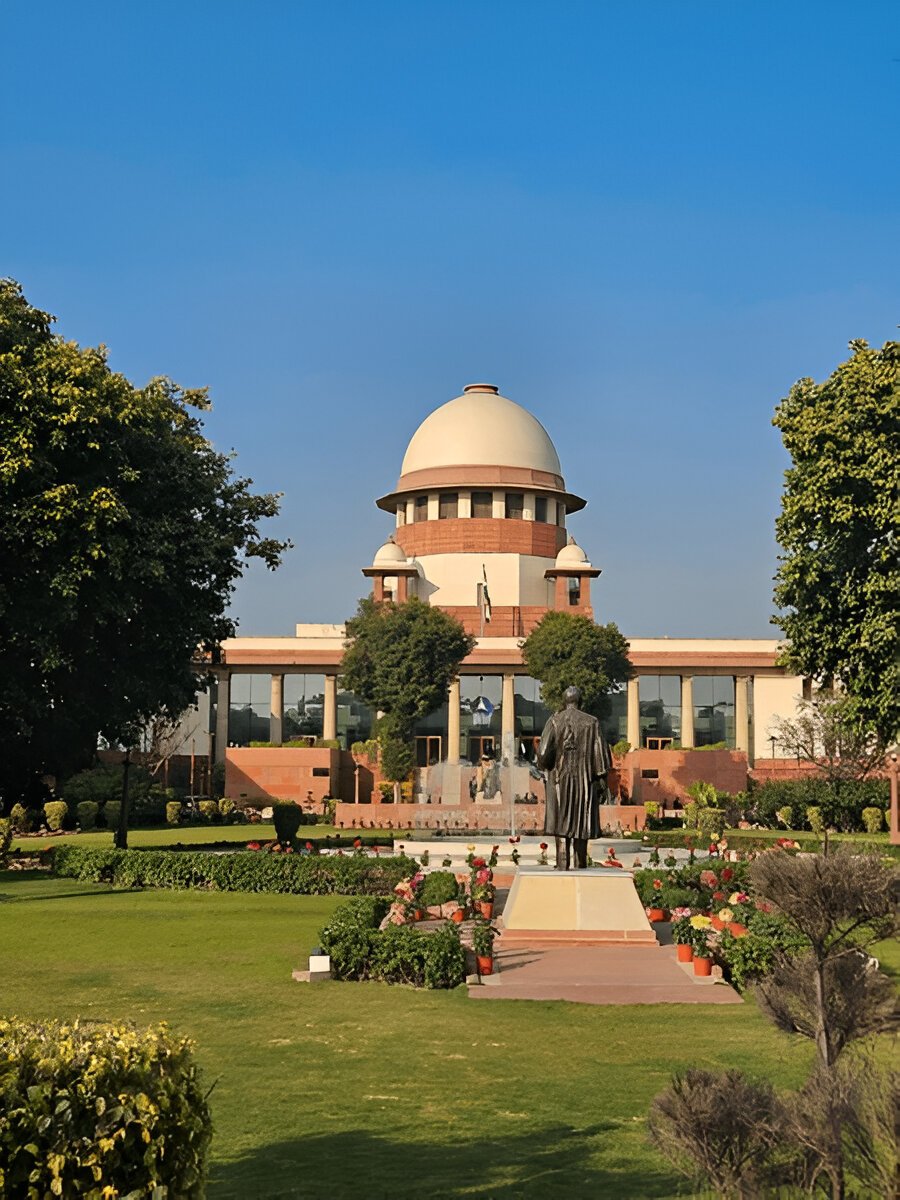The respondent company owned a large area of land in Calcutta. It planned to develop this land for housing and divided it into smaller plots for sale. To do this, it signed agreements with various buyers, collecting small deposits as earnest money. However, in late 1941, during World War II, the Government took over a big portion of this land for military use under the Defence of India Rules.
The company said it could no longer complete the agreements and tried to cancel them. It offered to either return the earnest money or transfer the land immediately without doing the agreed development work. One of the buyers, Mr. Ghose, disagreed and filed a case, claiming the contract was still valid and he had the right to have it performed.
The trial court and the first appellate court agreed with Mr. Ghose. But the Calcutta High Court later overturned those rulings, saying the land takeover made it impossible to carry out the contract, and so it was frustrated under Section 56 of the Indian Contract Act.
Issues before the court
- Did the Government's takeover of the land amount to a supervening event that frustrated the contract under Section 56 of the Indian Contract Act?
- Did the requisition make it illegal to perform the contract, making it void under Section 56?
Contentions in the Case
Appellant’s Argument: Appellant said that Section 56 is the only rule under Indian law for dealing with the frustration of a contract, and it should not be mixed with English common law. They argued that for a contract to be frustrated, the event must completely ruin its purpose. Just some inconvenience or delay isn’t enough.
Respondent’s Argument: The company argued that the Government’s takeover made it impossible to fulfill the original purpose of the agreement. The land was taken without any control from their side, and there was no clear end to the requisition. So, they said it was no longer possible or legal to carry out the contract.
Analysis of the court
In the Satyabrata Ghose case, the Supreme Court of India made it clear that just because the government took over the land temporarily (requisitioned it), it doesn’t automatically mean the contract was frustrated or impossible to perform. The defendant argued that the land couldn't be used for the intended work due to Defence of India’s demand, and so the contract couldn’t be completed. But the Court pointed out that there was no specific deadline mentioned in the contract, and the government’s demand was only for a short time. So, the delay wasn’t enough to say that the contract had completely failed.
The Court referred to Section 56 of the Indian Contract Act, which deals with situations where performance becomes impossible. It added that if one party knew something important that the other didn’t at the time of signing the contract, and that led to a loss, then the first party must make up for it. However, in this case, the Court held that such extreme hardship or delay didn’t destroy the purpose of the contract.
Concluding Remark:
This judgment is important because it helped shape Indian contract law into a more independent system, separate from British legal ideas. The Court stressed that difficulties or delays alone don’t end a contract only when the core purpose of the contract is completely wiped out. Since that didn’t happen here, the contract stayed valid and could still be enforced.

